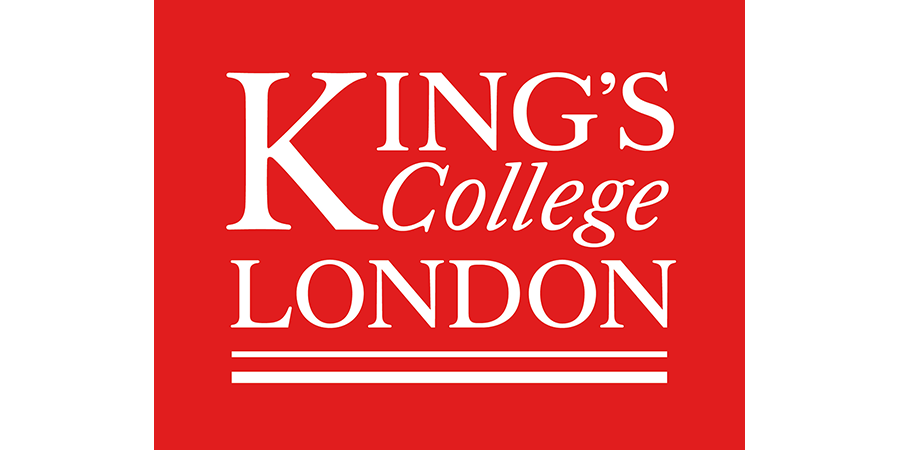PhD Studentship: Attention Deficit Hyperactivity Disorder (ADHD) and the Menopause: From Understanding to Management
King's College London - Psychology
| Qualification Type: | PhD |
|---|---|
| Location: | London |
| Funding for: | UK Students, EU Students, International Students |
| Funding amount: | For more information, please see advert |
| Hours: | Full Time |
| Placed On: | 15th January 2025 |
|---|---|
| Closes: | 19th February 2025 |
| Reference: | ED-MENO-LISS-25 |
ADHD is characterised by inattention, hyperactivity and impulsivity. Although originally considered a childhood condition, it is now known to impact all ages, meaning taking a lifespan approach to ADHD is critical. Whilst this is increasing, research has identified that women are often undiagnosed, untreated and more likely to have depression and anxiety. This has led to calls to examine the role of female hormones in ADHD. The most significant hormonal fluctuations in women occur during the menopause transition which can last over a decade.
There is little research into the menopause in ADHD. We recently conducted survey of women with and without ADHD and found that in all women ADHD symptoms correlated with menopausal complaints. However, we also found that women with ADHD receiving stimulant medication struggled with wellbeing and psychosocial symptoms in peri- and postmenopause. This research is a good starting point, but it does not allow us to understand how women feel about these experiences. This project will address this using semi-structured interviews with peri and post-menopausal women with ADHD to understand their experiences and how they attribute their symptoms during this period (Study 1).
It is also important to recognise the wider healthcare context. The menopause is under-researched and under-treated with evidence suggesting GPs and registrars don’t feel equipped to advise and treat women appropriately. However, to date, no research has examined the views of psychiatrists involved in the diagnosis, treatment and review of adults with ADHD. This project will address using a mixed methods approach with a survey and interviews to understand the knowledge, attitudes and practices of psychiatrists regarding the menopause and ADHD (Study 2).
Understanding menopausal experiences is critical but it is equally important to develop support processes. Whilst hormone therapy is an effective treatment for specific symptoms, it is not indicated for all women and may interact with stimulant medications. An alternative approach is Cognitive Behavioural Therapy (CBT), which is effective when delivered via group or self-help approaches but has not been examined in those with ADHD. The final part of this PhD will therefore involve a preliminary study of CBT for the menopause in women with ADHD will be conducted to better inform menopause management (Study 3).
Internship: During the PhD, the candidate will undertake a three-month placement with ADHD UK. The exact format will be determined at the start of the PhD to fit the needs of the student and partner.
The PhD will be supported throughout by a research advisory board of women with ADHD. This board will help design and interpret the studies as well as disseminate findings.
For more information: Attention Deficit Hyperactivity Disorder and the Menopause: From understanding to management
Advert information
Type / Role:
Subject Area(s):
Location(s):









